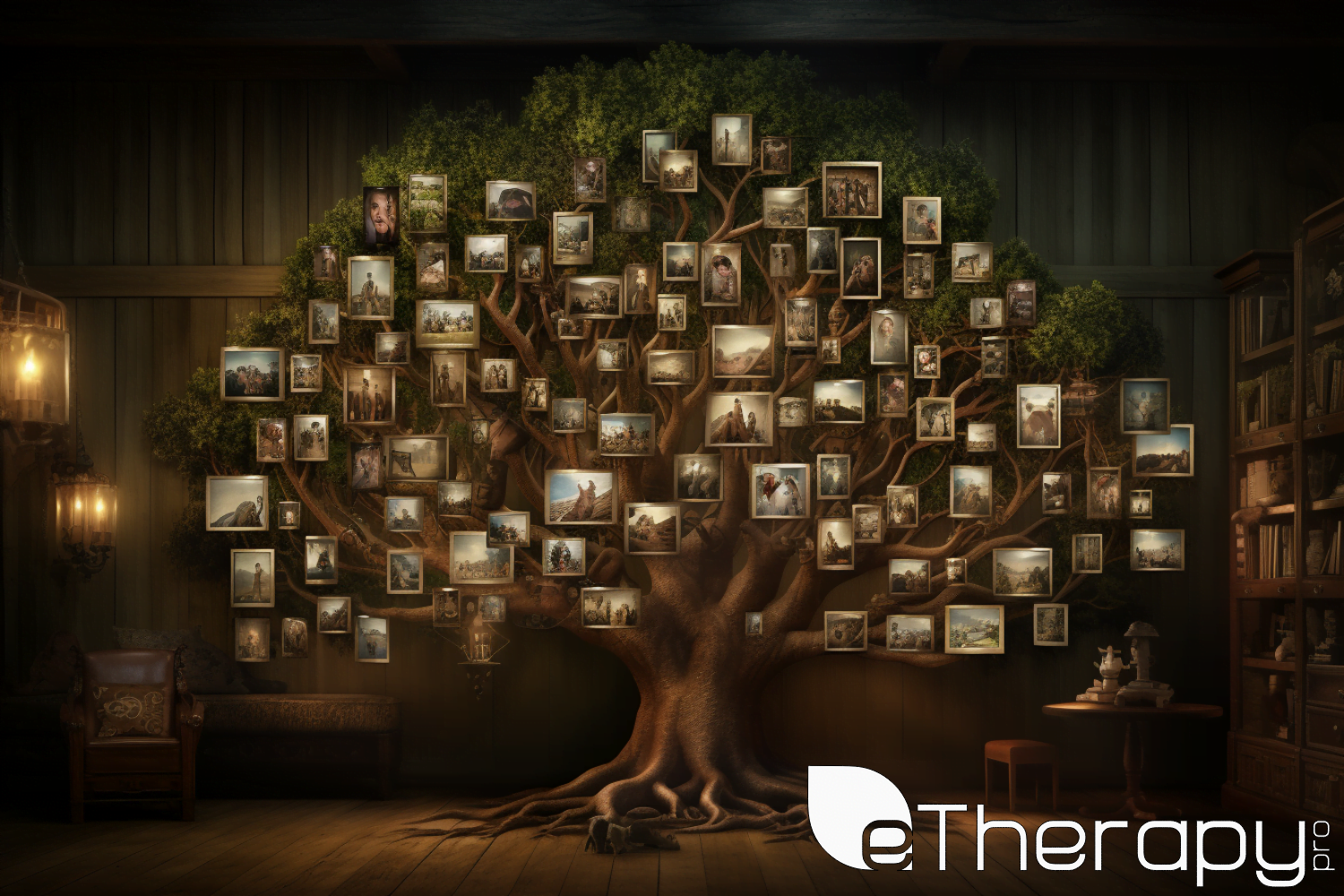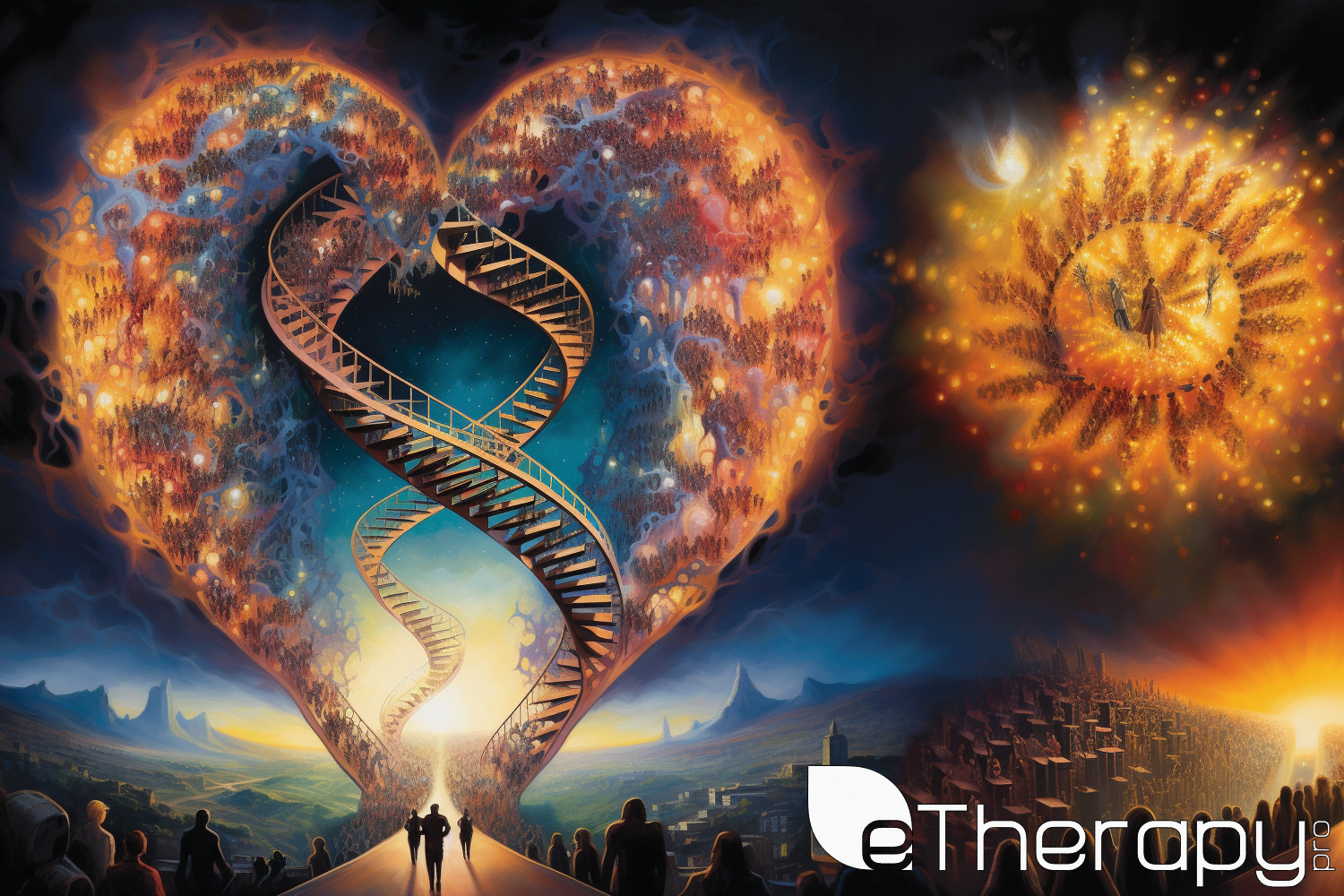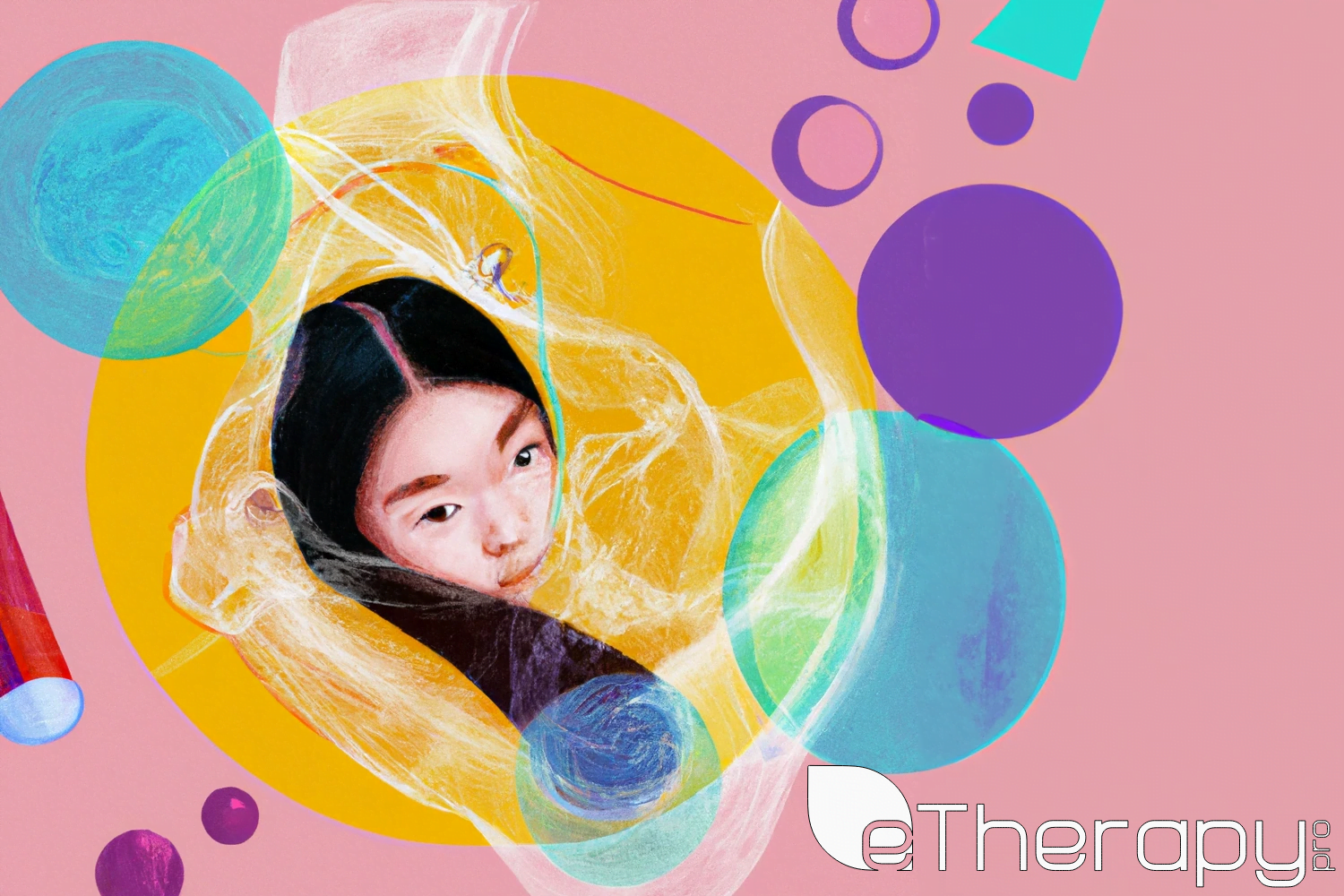 Have you ever wondered why, in your early twenties, the search for identity and intimacy seems so overpowering? Or why, as you venture into your forties and fifties, reflections on achievements (or perceived lack thereof) consume your thoughts? These questions, and many more like them, are not unique to any individual but are shared experiences that unite us in the human journey. In this article, we dive into these universal quandaries and offer explanations rooted in developmental psychology. Understanding these stages not only brings clarity but can also offer solace, reminding us that this life’s challenges are not only normal but also a shared human experience.
Have you ever wondered why, in your early twenties, the search for identity and intimacy seems so overpowering? Or why, as you venture into your forties and fifties, reflections on achievements (or perceived lack thereof) consume your thoughts? These questions, and many more like them, are not unique to any individual but are shared experiences that unite us in the human journey. In this article, we dive into these universal quandaries and offer explanations rooted in developmental psychology. Understanding these stages not only brings clarity but can also offer solace, reminding us that this life’s challenges are not only normal but also a shared human experience.
Developmental psychology delves into the myriad ways humans grow and change throughout their lives. A pivotal figure in this field, Erik Erikson, revolutionized our understanding by introducing his theory of psychosocial development, which describes the specific life challenges we face at various life stages. Recognizing and addressing these developmental challenges is crucial, not just for psychologists but for anyone seeking insight into their own life’s journey or aiming to support others on theirs.
Life’s Challenges: Erikson’s Stages of Psychosocial Development
Erik Erikson‘s theory of psychosocial development divides human life into eight distinct stages, each characterized by a unique challenge. These stages, beginning from infancy and extending into late adulthood, offer a framework for understanding the pivotal psychological milestones that shape our lives.
Infancy – Trust vs. Mistrust
At the very dawn of life, an infant is thrown into a world of uncertainty. The primary challenge during this stage is to develop a basic trust in the environment and caregivers. This trust forms the foundation for future psychological development.
Key characteristics of this stage:
- Dependence on caregivers for basic needs.
- Development of a sense of safety and security.
Possible outcomes if not resolved positively:
- Fear and suspicion towards the world.
- Difficulty in forming secure attachments later in life.
Early Childhood – Autonomy vs. Shame and Doubt
As toddlers begin to explore the world around them, they strive for a sense of independence and autonomy. This stage centers around the child’s desire to do things on their own, building self-confidence and personal will.
Steps parents can take to foster autonomy in children:
- Encourage exploration and safe risk-taking.
- Provide choices to allow the child a sense of control.
- Be patient, offering support without taking over tasks.
- Celebrate small successes and efforts.
Play Age – Initiative vs. Guilt
During the play age, children are eager to initiate activities, assert control, and lead others. They begin to plan activities, make up games, and initiate play with peers.
Explanation of the developmental challenges at this stage:
Children grapple with understanding their power in their world and making decisions. They may sometimes overstep, leading to feelings of guilt.
A brief overview of how parents and caregivers can support children:
- Allow opportunities for child-led initiatives.
- Provide guidance and set boundaries without squashing enthusiasm.
- Validate feelings, teaching children that it’s okay to make mistakes.
Erikson’s Insights into Adolescent and Adult Life’s Challenges
As individuals transition into adolescence and adulthood, the developmental challenges they face grow in complexity. Erikson’s stages shed light on these intricate challenges, guiding us in understanding both our own experiences and those of others.
Adolescence – Identity vs. Role Confusion
The adolescent years are marked by a quest for identity. Teens grapple with questions about who they are, where they fit into the world, and what they believe in. This stage becomes a crucible where past experiences and future aspirations mix, leading to the formulation of a unique identity.
In the social jungle of human existence, there is no feeling of being alive without a sense of identity. – Erik Erikson
Young Adulthood – Intimacy vs. Isolation
As we venture into young adulthood, the developmental challenge shifts from self to others. The focus becomes the ability to form close, meaningful relationships, balancing independence with intimacy.
Strategies to develop healthy intimate relationships:
- Engage in open communication and active listening.
- Develop a strong sense of self-worth and self-awareness.
- Cultivate trust and mutual respect in relationships.
- Seek therapy or counseling when navigating relationship challenges
Middle Adulthood – Generativity vs. Stagnation
In middle adulthood, individuals often grapple with the need to contribute to the next generation. This could be through raising children, mentoring younger colleagues, or creating something that has lasting value.
The significance of mentorship:
- Sharing knowledge and experiences to guide younger individuals.
- Strengthening community bonds and ensuring the transfer of wisdom.
Risks of stagnation and feeling unproductive:
- A sense of being stuck or unfulfilled.
- Potential for increased mental health challenges.
Late Adulthood – Ego Integrity vs. Despair
As the final stage in Erikson’s theory, late adulthood prompts individuals to reflect upon the tapestry of their life – its highs, lows, achievements, and regrets. This period, for many, is a time to either embrace the wholeness of one’s life (ego integrity) or to sink into despair over missed opportunities and unfulfilled dreams.
Healthy children will not fear life if their elders have integrity enough not to fear death. – Erik Erikson
Key characteristics of ego integrity:
- A sense of contentment and acceptance of one’s life journey.
- Feeling that one’s life has had purpose and meaning.
- A sense of wisdom and perspective that comes from a life fully lived.
Coping with despair and regrets:
Acknowledging feelings and seeking therapeutic or counseling support.
Finding new purpose or projects in the late stages of life.
Connecting with younger generations to pass on wisdom an
Conclusion of Life’s Challenges
Erik Erikson’s pioneering work has indelibly shaped our comprehension of human growth, illuminating the intricate dance of challenges and resolutions that punctuate every life phase. From infancy’s first cries to the reflective stillness of old age, his stages chart the emotional terrains we must navigate.
In today’s digital age, platforms like eTherapyPro allow individuals to delve into these developmental challenges, uncovering unresolved conflicts that may still cast shadows on their present. It’s crucial to recognize that successfully overcoming each stage’s challenge paves the way for psychological growth and well-being. Conversely, the weight of unresolved life’s challenges can seed internal conflict, affecting our emotional and relational health.
To each reader: Reflect on your life’s journey. Where do you find resonance with Erikson’s stages? Are there conflicts left untended? It’s never too late to seek understanding and healing, be it through introspection or professional guidance. Embrace the opportunity for growth, understanding that with each challenge faced, we pave the path for a richer, fuller life experience.
 When you touch a hot stove or experience the pangs of a recent breakup, pain, whether physical or emotional, sears through you. But what really transpires inside our brains during these moments? Understanding the neuroscience of pain not only deepens our comprehension of the human experience but offers tangible ways to better manage and even transform pain. In this exploration, we’ll journey through the intricate pathways of the brain, decoding how it processes different kinds of pain, from the tactile to the emotional, and then delve into
When you touch a hot stove or experience the pangs of a recent breakup, pain, whether physical or emotional, sears through you. But what really transpires inside our brains during these moments? Understanding the neuroscience of pain not only deepens our comprehension of the human experience but offers tangible ways to better manage and even transform pain. In this exploration, we’ll journey through the intricate pathways of the brain, decoding how it processes different kinds of pain, from the tactile to the emotional, and then delve into  The dynamics of love have been evolving since the dawn of humankind, impacting how we form and maintain our relationships. As we
The dynamics of love have been evolving since the dawn of humankind, impacting how we form and maintain our relationships. As we 
 Online Snooping: Curiosity or Compulsion?
Online Snooping: Curiosity or Compulsion?
